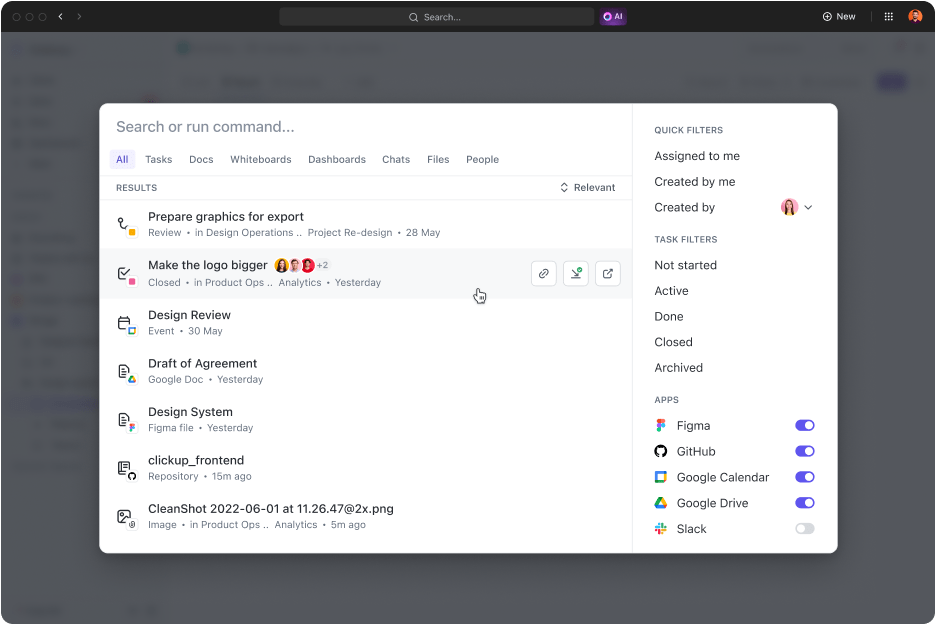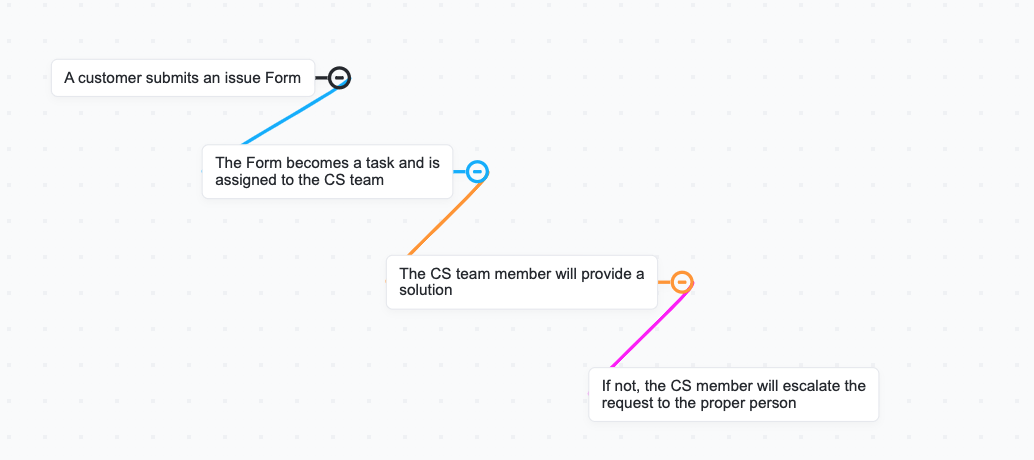Top 10 GitHub Integrations for Collaborative Code Development

Sorry, there were no results found for “”
Sorry, there were no results found for “”
Sorry, there were no results found for “”
GitHub is a developer’s paradise. Developers store and manage their source code in distributed GitHub repositories, which allows multiple contributors to work on the project simultaneously. Such collaborative action improves productivity by 22%, expedites fixing vulnerabilities by 7x, and reduces onboarding time by 80%.
As a version control system, it allows developers to track and review changes, manage branches, and merge codes. It is possible through features like issue tracking, pull requests, project management, and more.
With such tangible benefits, it is no surprise that nearly 100 million developers use the web platform to create, discover, and contribute to over 420 million projects. Although the platform thrives, you can further amplify its capabilities using GitHub integrations.
Before diving into our list of the best GitHub integrations, here are things to look out for while making your pick. These are:
Without further ado, here’s our list of the ten best integrations that accentuate software development using GitHub:
The integration of ClickUp and GitHub is a perfect match. ClickUp is a project management and productivity platform that integrates with GitHub to facilitate seamless collaboration and streamline development.
Here’s an overview of its capabilities that make it suitable for integration with GitHub:

ClickUp offers robust task management capabilities that allow teams to create, assign, and track tasks over a centralized dashboard. This feature aligns with GitHub issues and pulls requests, making it easier to manage development activities and prioritize tasks based on dependencies.

With features like comment, mention, and chat, development teams will find it easier to communicate and collaborate in real time. Even the document-sharing feature proves to be beneficial for GitHub. Teams can use these collaborative features to discuss code changes, review codes, share feedback, and coordinate activities directly on ClickUp.

ClickUp Universal Search allows users to search, sort, and filter throughout the development ecosystem. From the documents uploaded to ClickUp, GitHub app, repositories, and beyond. Most importantly, the Universal Search feature is highly intuitive and personalizes your search results every iteration to make searching easier!

ClickUp provides features like Kanban boards and sprint planning that support agile methodologies for software development. Using these project views, team members can comfortably manage and visualize GitHub issues and tasks to blend agile practices with DevOps to release upgraded versions quickly and reliably.

ClickUp allows users to build customizable workflows that match a team’s development styles and processes. Such flexibility permits the integration with GitHub to work according to the team’s or project’s unique requirements.
Explore ClickUp’s rich library that hosts a variety of configurable templates for different use cases and industries. Amongst the several options, the software development templates allow you to start immediately rather than build everything from scratch.

Jenkins is a popular open-source automation server. It is particularly useful in automating build, test, document, package, stage, analyze, deploy, and review codes during development cycles.
Once developers change the source code in the GitHub repository, Jenkins automatically takes over to trigger subsequent actions to achieve a stable codebase.

Progress Chef is a configuration, compliance, and security management tool within the Progress product portfolio. It transforms infrastructure as code, which users can automate for server configuration, deployment, and management.
Teams can streamline application infrastructure automation by plugging Chef cookbooks and configurations in GitHub’s version control for consistency, scalability, and traceability across different development environments.

Drone.io is a container-native CI/CD (continuous integration/continuous delivery) platform that automates software development pipelines. It leverages containerization to build consistent and reproducible application build and deployment tasks in isolated environments. Integrating it with GitHub enhances the CI/CD pipeline through automation and parallelization.

CloudBees CodeShip is a cloud-based CI/CD platform that simplifies and automates the software development lifecycle. Connect it to GitHub to trigger build and deployments in response to events like pull requests, commits, etc. Such automation streamlines the delivery pipeline and accelerates development cycles.
CloudBees CodeShip Basic:
CloudBees CodeShip Pro:

Red Hat Codenvy is a cloud-based integrated development environment (IDE) based on Eclipse Che. It is a part of the Red Hat OpenShift Dev Spaces that leverage Kubernetes and containers for collaborative workspace aimed at coding, building, testing, and running apps.
Connect with GitHub, and you can further streamline the development processes through integrated coding, testing, and deployment across a consistent, secure, and zero-configuration IDE.

Travis CI is a cloud-based continuous integration service that automates IT projects’ building, testing, and deployment. By integrating it with version control systems like GitHub, you can trigger builds automatically in response to the changes made to the repository. The integration also ensures that the code changes are tested for consistency and reliability before merging with the main codebase.
Enterprise plans are also available at custom pricing.

Circle CI is a cloud-based CI/CD platform that automates the app development lifecycle. Developers can use it to write or edit codes, build and test components, and deploy code changes while staying focused on speed and reliability. GitHub offers an additional layer of testing before deployment to help maintain code quality.

Disbug is a tool designed to facilitate the app debugging process. It cuts down on unnecessary back-and-forth between the app owner, QA team, or tester and developer, as the former can capture bugs using screen captures, recordings, console logs, network logs, and user events.
Then, they can upload these assets directly onto the project management tool to add context and meaning to the issue.

Jira is a popular project management and issue-tracking solution developed by Atlassian. It finds widespread use in the IT industry for planning, tracking, and managing projects, tasks, and issues.
Setting up Jira with GitHub strengthens collaboration between the development and project management teams as it becomes easier to track code changes, link commits to specific issues, and streamline workflows.
The tools discussed above offer something unique to the software development cycle. For instance, ClickUp and Jira add robust project management and delivery to the development process, making it more holistic and predictable.
Make your pick depending on your specific project requirements. Sign up and use ClickUp with GitHub for a two-fold advantage!
© 2026 ClickUp